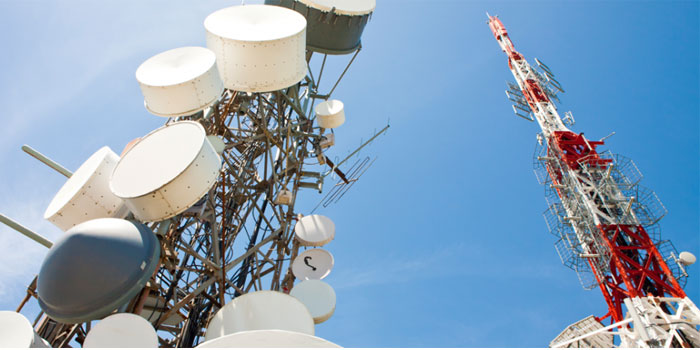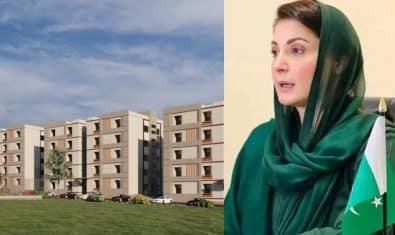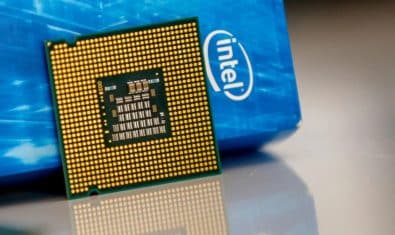The telecom industry in Pakistan is at a critical juncture. Stimulated by a huge consumer demand for high speed data, the industry has been able to churn out decent revenues since the launch of 3G & 4G services two years ago. But, a low pricing strategy for services, including mobile broadband, a majority of low-valued prepaid users (97% in Pakistan vs. 79% in Malaysia) and a widely criticised taxation policy, have left the mobile operators in a lurch.
With the first move towards industry consolidation in sight, signs are that other players are probably looking to tighten their purse strings and concentrate on just catering to the existing customer base. And with a significant decrease in FDIs since the initial 3G&4G license bidding, the industry seems to have hit the auto-pilot mode.
In a bid to revitalize this crucial industry, Pakistan Telecommunications Authority recently prepared a report for the local government listing the roadblocks towards further telecom sector growth and proposed remedies for each.
Thanks to high taxes, there has been a significant decrease in FDIs since the initial 3G & 4G launch and the industry seems to be on auto-pilot
This report highlights how GST, charged at 19.5% in Punjab, KPK and Baluchistan, and 18% in Sindh, is higher in comparison to the average GST on other industries, the PKR 250 on new or replaced SIM is burdensome, and how the increase in import custom duty to 5-15% makes no sense.
The committee formed to publish this report has made clear proposals, echoed by all leading industry experts, to the Finance Ministry stating that the unfair treatment of this sector, when it has been one of the highest contributors in tax returns and FDI, is harming the mobile operators, customers, and the economy.
In light of this report and growing number of criticism from all quarters, Ishaq Dar, Minister of Finance, has agreed to provide tax relief to the sector in the next budget, as quoted by Dr. Ismail Shah, Chairman – PTA.
In a separate move, signs are that continuous pressure by digital publishers, and provincial residents might finally see the KPK government revise its decision to tax the internet. Also, our sources reveal an imminent meeting during the coming week between representatives of the telecom sector and KPK government on this very matter.
As of now, only KPK and Sindh charge a sales tax on the internet along with a fixed FED of 14%; total internet tax in KPK stands at 33.5% (19.5% sales tax + 14% FED), while in Sindh it stands at 33.5% (18.5% sales tax + 14% FED) – highest amongst the handful of countries which, like Pakistan, also tax the internet.
Punjab, on the other hand, withdrew its decision to implement a 19.5% internet tax at the end of last year after accepting severe criticism from all quarters. This move, met with nationwide plaudits, has not only encouraged global players to utilize Punjab as a launch-pad for their digital projects in the country, but has provided a boost to the local start-up environment.
These positive, yet unconfirmed, developments highlight the growing realization amongst policymakers of the adverse impacts of their so called ‘landmark’ reforms. Revisiting the tax policy, as suggested in the PTA report to the Finance Ministry, and the abolishment of internet taxation of all types, will do wonders for the sector.
Such a move is necessary for the telecom sector, not only to ease off the financial burden on customers, but to increase revenues of the mobile operators, foreign investors and the government.
At 15% internet penetration, uptake has been exponential since mobile broadband was introduced in 2014, but it is still at early stages and such massive taxes are curtailing further growth, especially in rural areas.
KPK is reportedly in process of re-evaluating its taxes on internet and might withdraw them ultimately
‘Digital Dividends’, the World Bank’s World Development Report 2016 found that Pakistan is amongst the five least connected countries in the world with over 65% cellular density, but just 15% internet penetration. A reduction in taxes encourages the significant investment required to maintain, expand and improve the current network infrastructure in a bid to bridge the prevalent digital divide.
The move will also encourage ICT industry to use mobile technology as an enabler of change. For this purpose, leading telcos are already partnering with various incubators to provide the youth tools and expertise to face the challenges of tomorrow. A further relief, in shape of tax reductions, will spur these telcos to invest more in such endeavours.
Such initiatives give rise to projects where the utilization of mobile and data is paramount to bring high quality learning to people who did not have access to it. The same mechanism can also be transformed to lead strategies which can ensure that mobile devices facilitate people in rural areas to get timely medical attention through virtual/digital assistance.
High amount of taxation does nothing but depress innovation and penalize users, who already are generating low Average Revenue per User in comparison to countries like India and Singapore. Not only do higher taxes and fees leave individuals, families, and employers with less disposable income, a wealth of research indicates it is also bad for the economy.
And with the objective of being part of the global digital economy, as set forth in Government’s ‘Vision 2025’, it is imperative that policy makers rethink the Tax Policy.



























Failed Govt officials eye on tech based industries to juice-out maximum from them in the shape of taxes and duties, because corrupt govt and public sector have least control on non-tech industries and businesses. They don’t want to revisit their expenditures of running a flop governments from decades, but keep increasing taxes and duties on tech based industries, banking and telecom. Telecom and banking industry only flourished in Musharraf/Shaukat Aziz times…then it’s down and down.
In Musharraf times, all telecom companies created one fund to invest in infrastructure in far areas of Balochistan and KPK, and it worked so well that many other countries followed the same and asked PTA to share policies with them. Later, fund was collected but this fund was never spent on infrastructure, but to fill PTA and Govt officials big bellies. I feel shame that how these companies feel about corrupt mafias in all sectors of Pakistan.
zAR and SHaR
“”while in Sindh it stands at 33.5% (18.5% sales tax + 14% FED)”
32.5%, not 33.5% :P